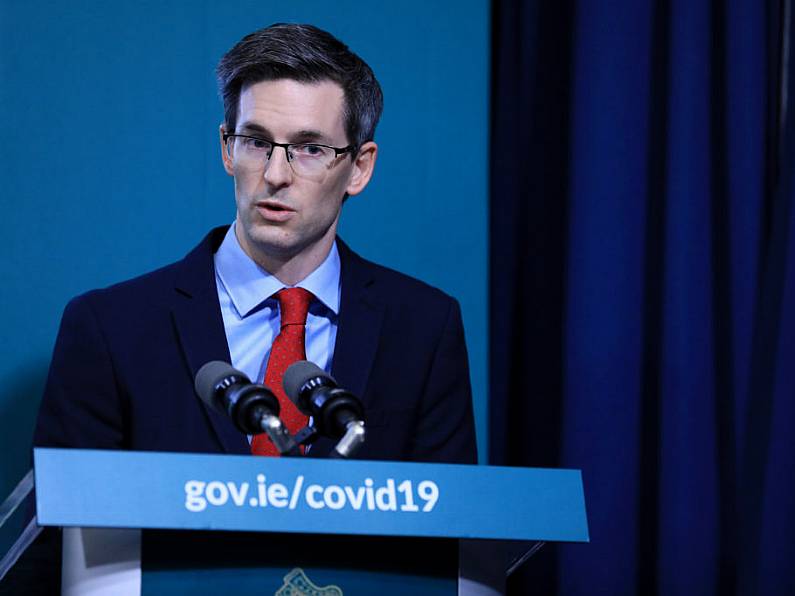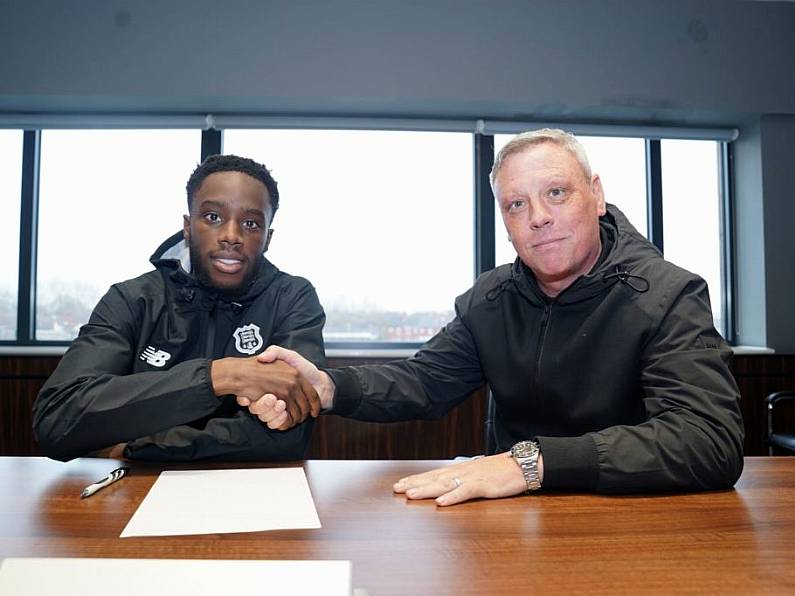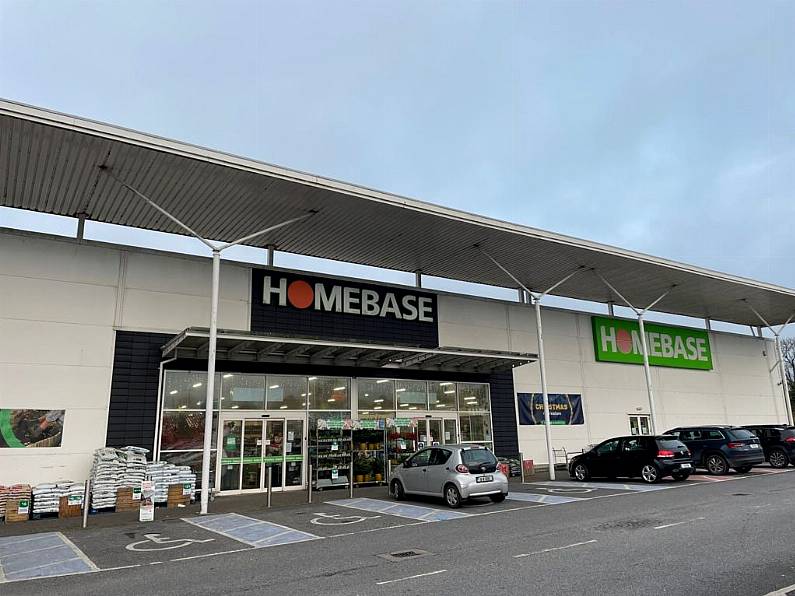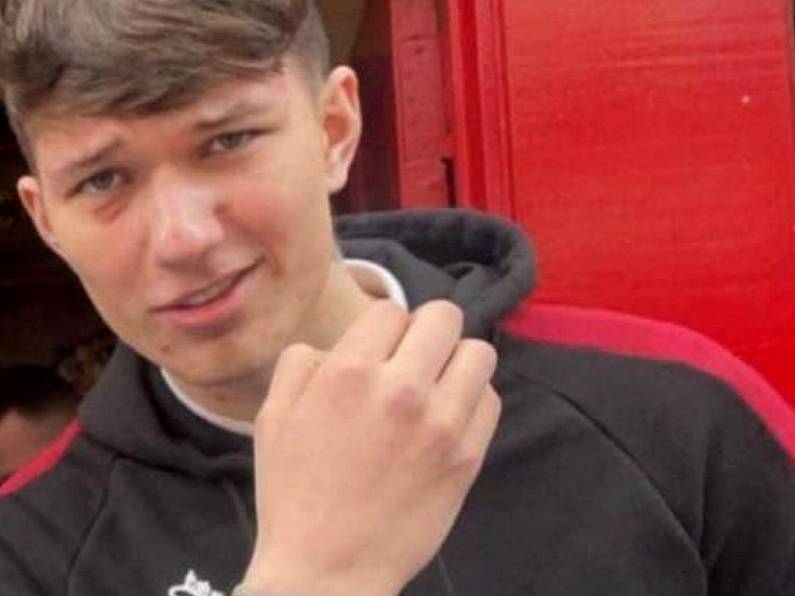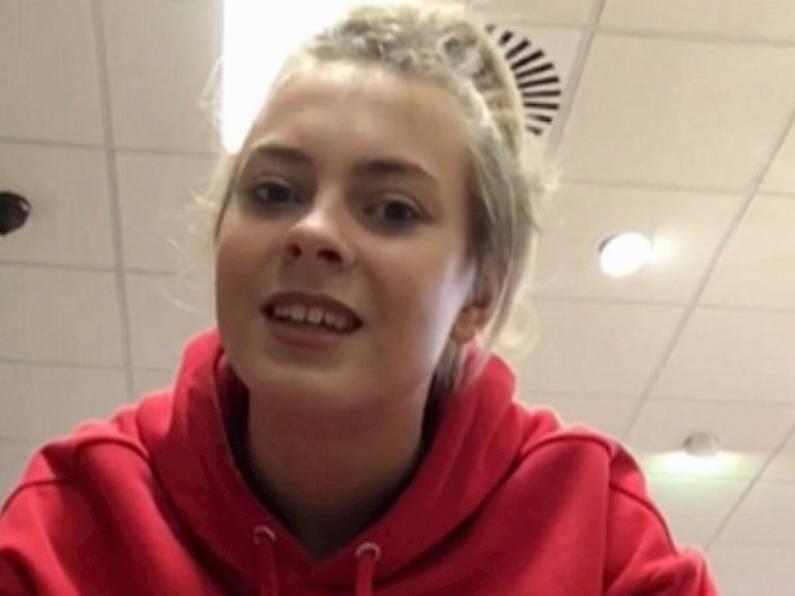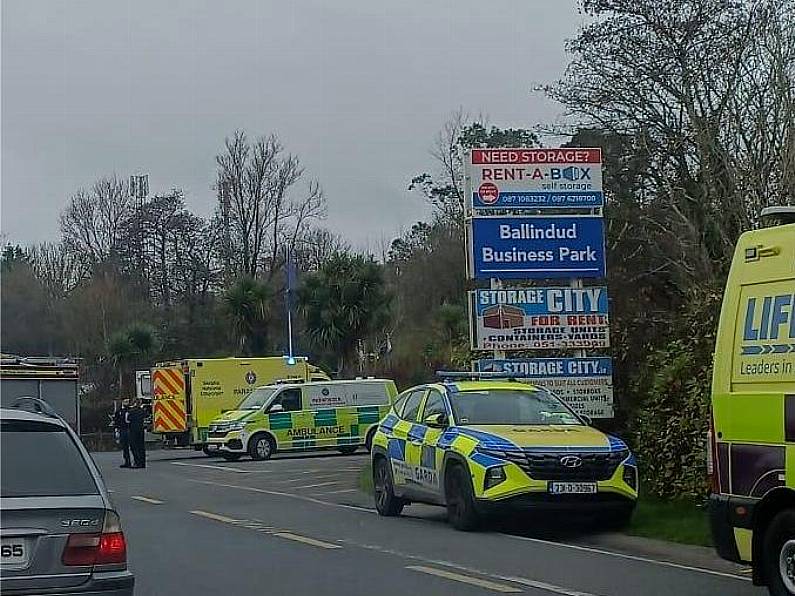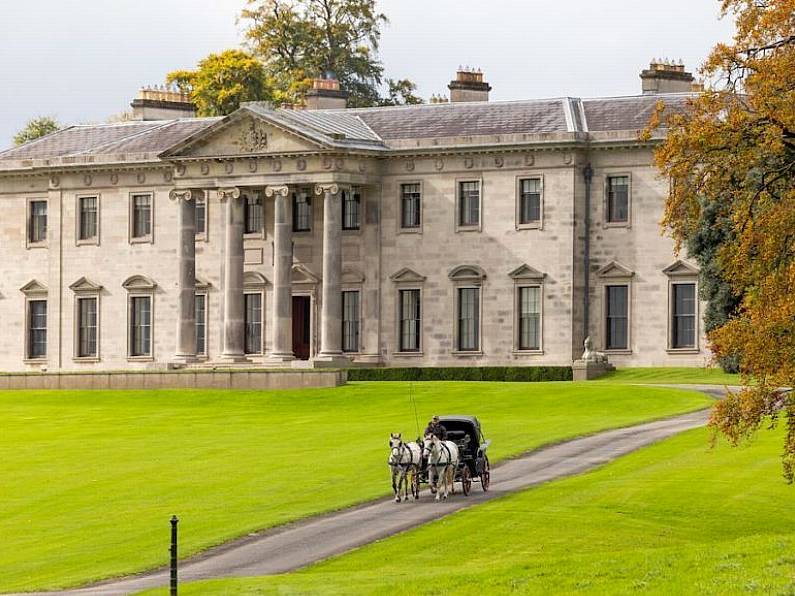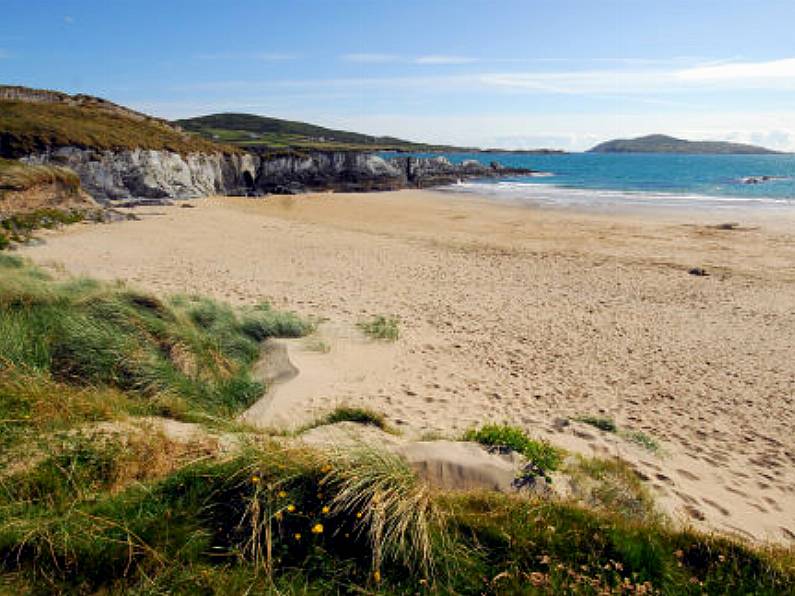The National Public Health Emergency Team (Nphet) has confirmed one death and 687 cases of Covid-19 in the State on Monday.
Of the cases notified on Monday, 71 per cent are under 45 years of age.
For the second day in a row, fewer than five cases were reported in Waterford.
The five-day moving average number of cases in Waterford is now 8.
There were 540 Covid-19 patients hospitalised as of this morning, including 120 in intensive care units. Some 14 additional hospitalisations were seen over the past 24 hours.
Speaking at a Nphet briefing on Monday evening, the country's chief medical officer Dr Ronan Glynn said progress continued to be made with “tangible” evidence.
In the last 24 hours, we have had no new admissions to critical care, the first time this has happened since St Stephen’s Day
“While the number of daily cases and the number of people in hospital and critical care remain high, we continue to make progress.
“In the last 24 hours, we have had no new admissions to critical care, the first time this has happened since St Stephen’s Day.”
Anti-lockdown protest
Questioned about an anti-lockdown protest that took place in Dublin over the weekend, Dr Glynn condemned the scenes widely seen on social media.
The deputy chief medical officer said that while a “silent majority” were “fed up and annoyed” with Covid-19 restrictions, they were continuing to stick with them.
“We don't see what they're doing, because they're doing it quietly in their houses and their communities,” he said.
He described the protest as the “actions of very small minority of people”.
Dr Glynn asked those frustrated by restrictions to reflect on what the population had achieved over the past year, “rather than focusing on negativity”.x
Disappointed forecasts
With Nphet previously forecasting that between 200 to 400 daily cases would be confirmed by the end of March, Dr Glynn was asked if he was disappointed to see almost 700 cases confirmed on March 1st.
“We’re not where we want to be, not where we need to be, but we continue to go in the right direction,” Dr Glynn said.
The 90 per cent prevalence of a more transmissible variant of the virus in Ireland for past number of weeks was responsible for the stubborn numbers, he added.
Dr Glynn said that Ireland continued to make very significant progress in a European context.
Ireland was one of seven or eight European countries that is continuing to see a downward trend in its incidence rate of the virus, he said.
Also speaking at the briefing, Professor Philip Nolan said the incidence of the disease in those aged 12 and under continued to be below the population average.
It comes as more than 300,000 students return to classrooms across the country for the first time since December this morning, after pandemic restrictions were lifted.
After 33 lost school days, 60,000 Leaving Cert Students and another 260,000 junior primary have returned to in-person learning while special needs schools have returned to full capacity.
One school principal described overjoyed pupils running “up the hill to the school” as they arrived this morning.
Future plans
It comes after a confidential Cabinet memo revealed on Monday the key elements of a new government plan to allow the country to reopen in the coming weeks.
Rapid 15-minute Covid tests and new rules on ventilating indoor spaces, in addition to the vaccine rollout, will “assist the sustainable reopening of the country”.
Elsewhere on Monday, legislation to enforce supervised quarantines in hotels for people arriving from 33 high-risk countries passed all stages of the Oireachtas after approval in the Seanad.
The Bill will now progress to President Michael D Higgins to be signed into law — however, the date the new measures will come into force remains unclear.
Speaking on the new measures this afternoon, the Health Minister said he believed that an element of xenophobia had entered debate in Ireland over hotel quarantines.
Labour Senator Ivana Bacik said that a protest seen in Dublin over the weekend indicated how resentment over Covid-19 restrictions could feed racism and xenophobia.
The Lord Mayor of Dublin has expressed concern about edited footage shared on social media of the violent protest in the city, which she said had been manipulated to “sow discord”.



